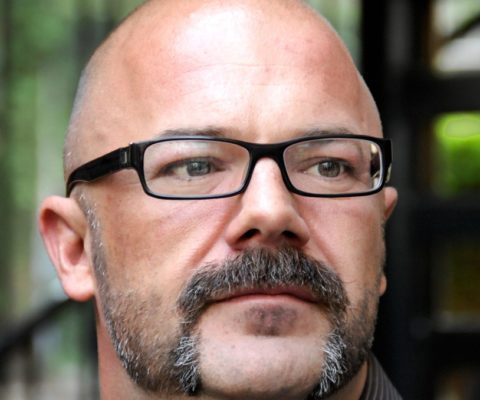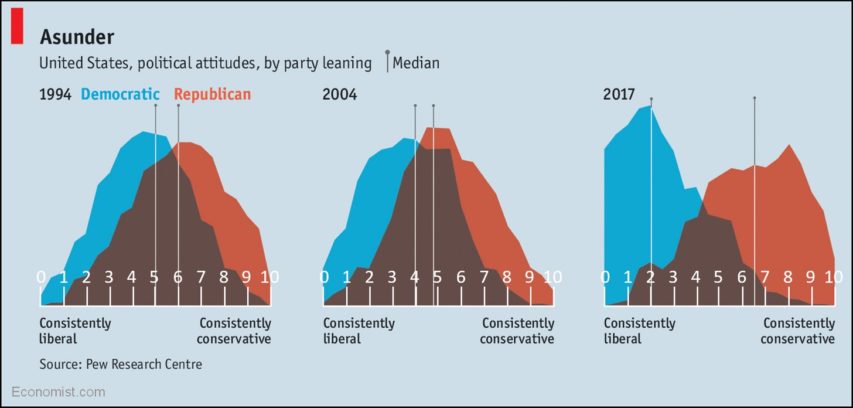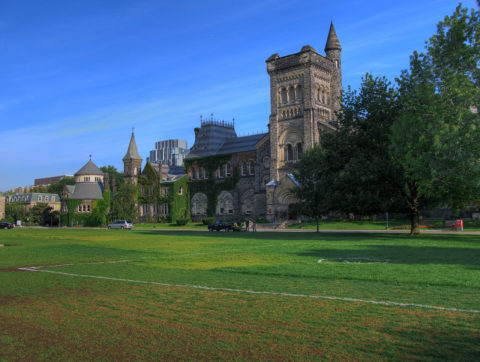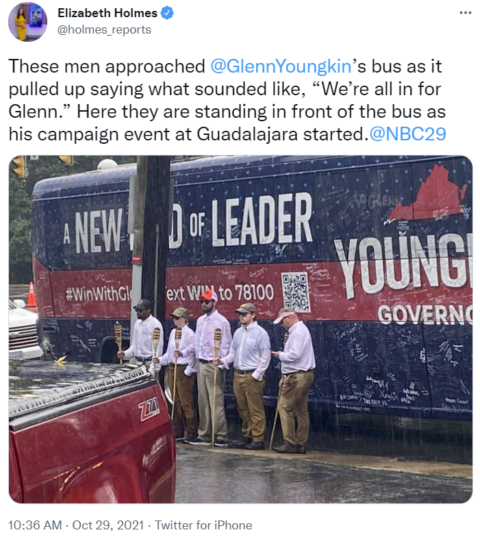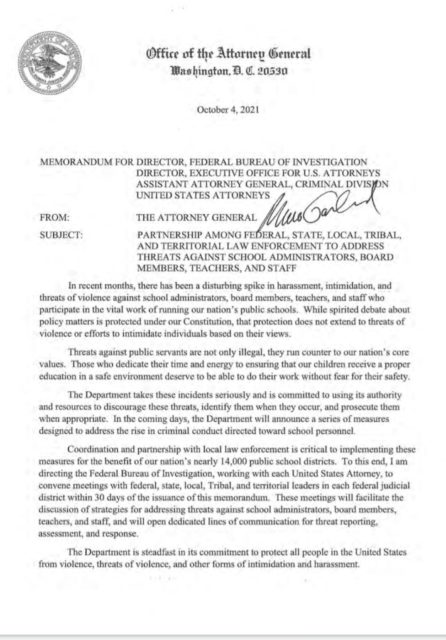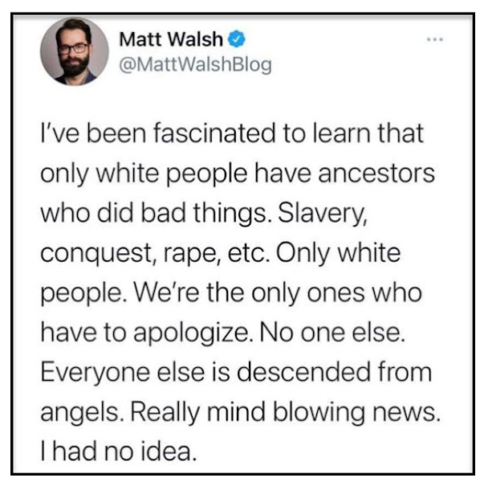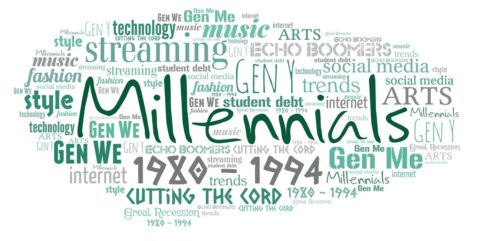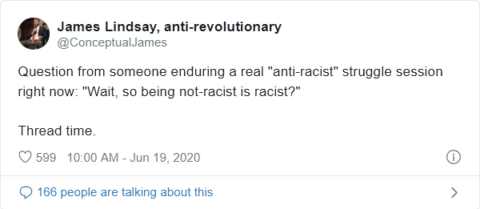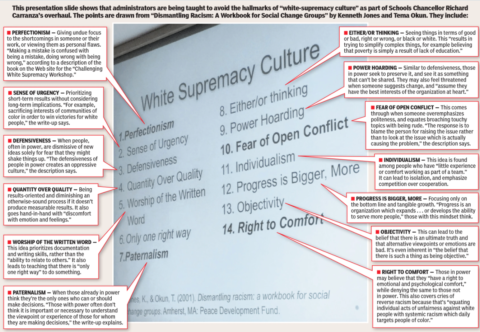In the free-to-non-paying-subscribers segment of this week’s Weekly Dish, Andrew Sullivan laments the ratcheting illiberal tactics of both the opponents and supporters of Critical Race Theory in American schools:
I’ve spent a lot of time these past few years concerned with left illiberalism, especially the replacement of liberalism with critical theory as the guiding principle of our republic. But at the same time, of course, right illiberalism has gone into overdrive, in a polarizing vortex. Being a conservative liberal, or a liberal conservative, is becoming close to impossible. And this week, as I pored over a mass of bills to ban the praxis, pedagogy and content of critical theory in public high schools, I felt as if I were being tossed between the blue devil to my left and the deep red sea to my right.
One core point: the illiberalism is real on both sides. Not always in equal measure, now or in the past, but definitely on both, feeding off each other. And in public education, once again a battleground in the culture war, it seems quite obvious to me that the left bears the burden of responsibility for the conflict.
Critical theory’s long march through the institutions reached its peak some time ago in higher education — and has gone on to capture media, corporate America, medicine, the federal government, tech, science, and every cultural institution. Over $14 billion have been spent on philanthropic “equity” initiatives since the summer of 2020 alone. Of course children’s education would be affected. What hasn’t been? And of course critical theorists aim directly at children. The woke, like the Jesuits, understand the value of instilling certain concepts at a very young age. How else to transform the world?
That’s why Ibram Kendi has bequeathed the world not just one but two books on how to rear “antiracist babies”. The publisher says the new one, Goodnight Racism, “gives children the language to dream of a better world and is the perfect book to add to their social justice toolkit.” My italics. Another recent book, Woke Baby, instructs toddlers to be “a good revolutionary”, and another one explains how “activism begins in the cradle”.
You truly think that in school districts where teachers are saturated in equity training, whose unions invite Kendi to be their keynote speaker, that this is all being made up? Just peruse through all the “equity” conferences, courses, syllabi, lesson plans and curricula that now dominate public ed. Many parents found out only because they overheard what their kids were being taught online during the pandemic. Or you can just surf the web as the woke dismantle schools for the gifted, abolish SATs, describe merit as racist, and lay waste to excellent schools merely because too many Asian-American kids are succeeding in them.
What we’re seeing now is the reaction to this left-wing power grab. And — guess what? — it’s a right-wing power grab. If the left has stealthily changed public education from above, the right has now used the only power they have to fight back — political clout in state legislatures. 122 separate bills have been introduced since January 2021, 71 in the last three weeks alone. They all regulate speech by teachers in public schools, but many are now also reaching into higher education — a much more fraught area — and outright book banning. The bills are rushed; some appear well-intentioned; others are nuts; many are very vague, inviting lawsuits to clarify what they can mean in practice. In most cases, if passed, they will surely chill debate of race and sex and history — and increasingly of gender, sex and homosexuality — in high schools. And that’s a bad thing for liberal education.

